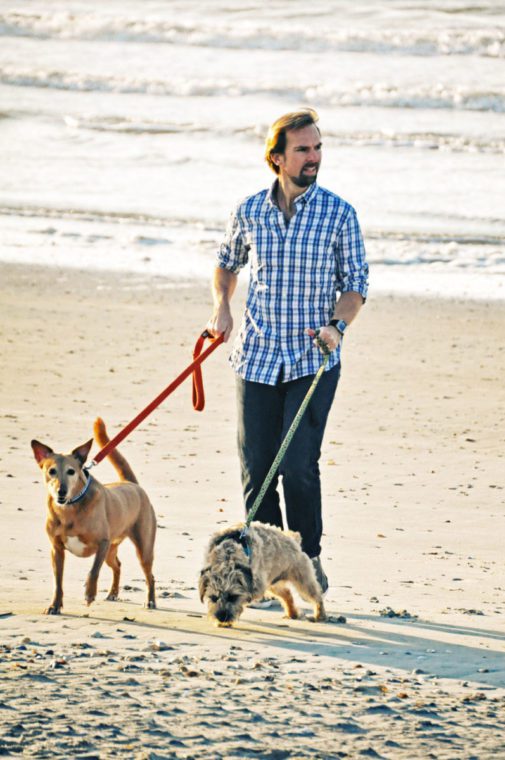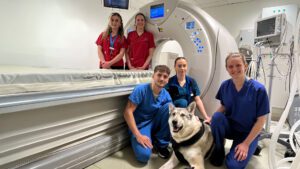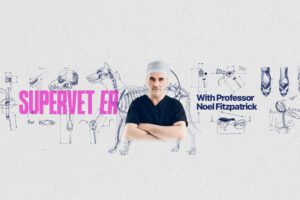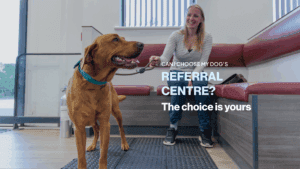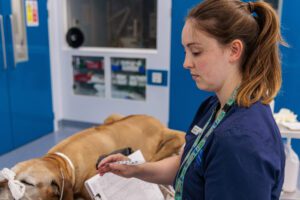We were delighted to have Dr Ernie Ward visit the UK to speak at The VET Festival 2016. Ernie took some time to discuss the secrets of running a successful veterinary practice.
Known as ‘America’s Pet Advocate’, Ernie has dedicated his long and illustrious career to improving veterinary medical standards and promoting healthier habits for pets and people. He is a recognised leader in the fields of pet nutrition and weight loss, diagnostic test protocols and evolving pet technologies and is a passionate promoter of senior pet care and of advancing veterinary practice standards and staff training.
At the VET Festival, Ernie will address common in-practice issues, such as conflict, motivation, morality over money and raising diagnostic standards. Speaking about his overall aim for the sessions, Ernie says, “I hope to teach delegates how to better cope with daily stress, provide higher standards of care and recharge their enthusiasm!
Working in a practice is emotionally draining and financially challenging. It’s too easy to become disconnected. I hope that by sharing my passion and love for veterinary practice, I will remind everyone why we do what we do and why it’s important so that it will become more enjoyable and rewarding,” he adds.
In ‘Refuelling the Energy Slump: Principle Centre Motivation’ Ernie will share his top eight energy injections to restore motivation in any practice.
He says, “Motivating people requires a lot of energy! Encouraging a team to have positive attitudes, creativity and to deliver exceptional client service and patient care demands constant input and focus from practice leaders. These days not everyone can do it.”
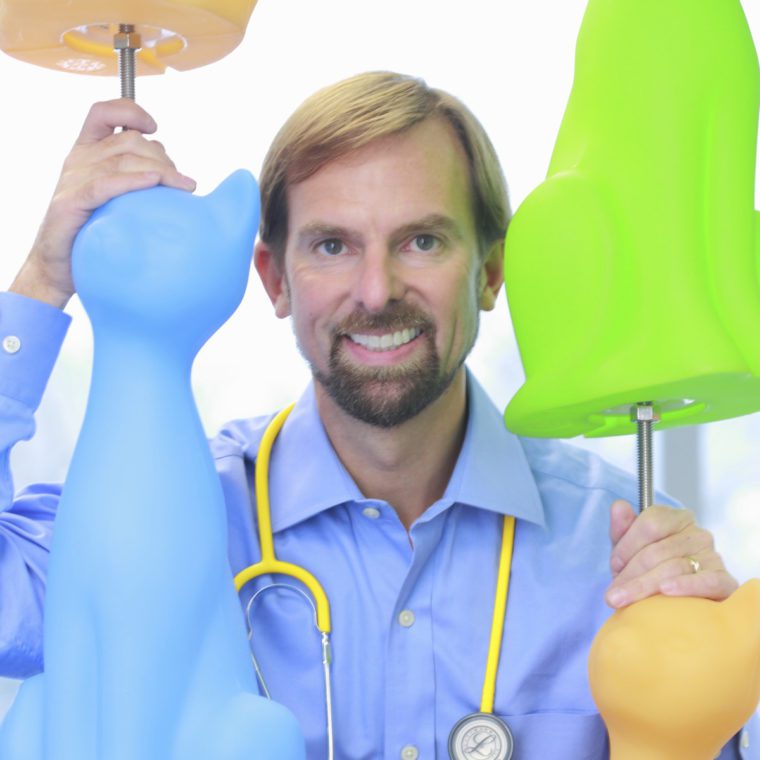
“The stress of daily practice life takes its toll and the result is often emotional burnout. When employees and veterinarians are emotionally spent they provide poor service, aren’t focused on patient care and ultimately damage the reputation of the practice and its revenues. Practice leaders need to understand the connection between staff morale and success – an energised, motivated and emotionally strong team will outperform a less enthusiastic competitor every time.
He adds, “If we want sustainable growth and happiness, we must be guided by our core principles and beliefs – those we use to navigate life’s challenges and that remind us why we work hard. The real test is if you can survive the trials and tribulations of practice life with your core beliefs intact, I believe we can!”
The old adage ‘Misery Loves Company’ is too true for many veterinarians and support staff and in ‘5 Steps to Cure Conflict Before it Kills You’, Ernie will provide practical advice on how to deal with negative issues in the workplace.
He says, “Sour team morale, sagging revenue, and complaints from clients and co-workers create tense workplaces. Despite doing better economically, many veterinary teams lose enthusiasm and team members. Team morale, energy and harmony can be directly influenced and every practice should have a strategy for creating this excitement and excellence to ward off conflict. I’ll be sharing mine with delegates to hopefully inspire them to formulate their own.”
In ‘5 Physical Exam Hacks to Improve Diagnostic Accuracy and Communication Effectiveness’ Ernie will be challenging the importance placed on ‘high-tech’ in the physical examination.
He explains, “The physical exam is the foundation of veterinary medicine and is perhaps the most important service we provide but it’s becoming a lost art as high-tech replaces touch, feel, and talk.”
“My goal with this presentation is to reveal why the physical examination is more important than ever and equip delegates with five ‘hacks’ to improve and enhance their expertise and compliance,” he adds.
Ernie will also tackle veterinarian’s on-going battle of morality over money. In ‘Blurred Lines – Doing Good While Doing Well’ he aims to help veterinarians find the ‘peace’ between profit and charity.
“Why do we veterinarians have an agonising association with money?” he asks, “It’s a struggle we often ignore within our profession as it’s very difficult to draw a line between profit and compassion. But why shouldn’t we be able to do good for animal welfare whilst doing well financially?”
“I believe the answers may be both simpler and more complicated than most of us think so in this session I plan to review how we got into this mess originally, and I’m pointing my finger at Dr. James Herriott!”
